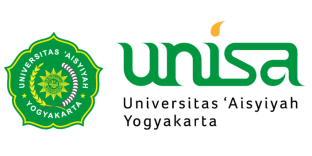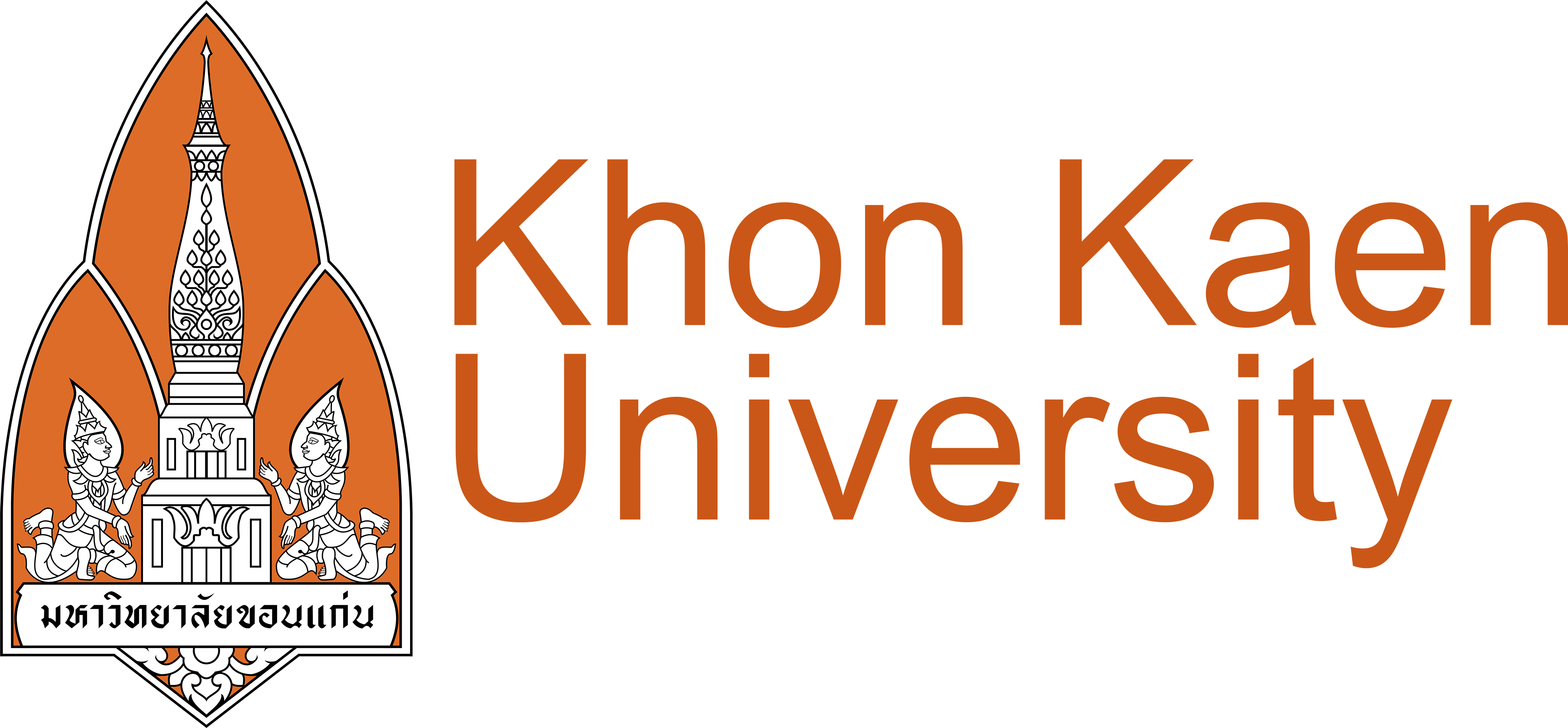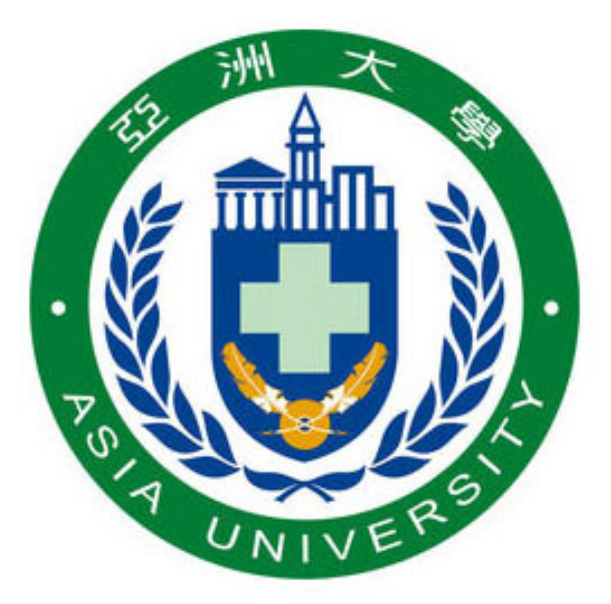Implementation of Islamic Values in Midwifery Services for Pregnant Women
Collaborative research conducted by Universitas ‘Aisyiyah (UNISA) Yogyakarta and Sebelas Maret University (UNS) has successfully explored the implementation of Islamic values in midwifery care for pregnant women. The main focus of this research is how midwifery students are able to integrate spiritual approaches in midwifery care practices, specifically to improve patient comfort and well-being.
Pregnant Women
The research, chaired by Endang Koni Suryaningsih, S.ST., MSc.N-M., Ph.D, consisted of a team of lecturers and midwifery students from Unisa Yogyakarta together with a team of lecturers and midwifery students from UNS, using qualitative methods with in-depth interviews, observation, and data analysis from midwifery students in the fifth semester. Participants were selected based on their experience in midwifery clinical practice. This research successfully revealed the various ways Islamic values are applied in health services provided to pregnant women.
Koni said the first finding of this study was the implementation of Islamic values in midwifery services, in midwifery practice, students familiarize themselves with reading basmalah before action and hamdalah after completion. “They also provide spiritual guidance to pregnant women, such as teaching prayers before labor or suggesting dhikr and prayers to overcome anxiety. This practice not only supports pregnant women psychologically but also provides a meaningful spiritual experience,” said Koni, Monday (9/12/2024).
Second, the benefits of a spiritual approach for the patient; an Islamic-based approach helps to reduce the anxiety of pregnant women, creates a sense of calm, and increases trust in healthcare providers. Pregnant women who receive this spiritual support feel more prepared for labor, which in turn can help the labor process run more smoothly.
Third, the usefulness of Islamic values for students; students involved in this study reported that the application of Islamic values helped them become more empathetic and communicative in providing services. In addition, this experience strengthened their understanding of the importance of providing holistic care, including physical, psychological and spiritual aspects.
Fourth, challenges in implementation; some students faced obstacles such as time constraints during clinical practice and patients’ lack of understanding of the importance of spiritual aspects in healthcare. However, these obstacles can be overcome with effective communication and further training.
Dr. Koni said the conclusion of this study is that the application of Islamic values in midwifery services provides great benefits, both for students and patients. Students are able to provide more humane care, while patients feel more comfortable and valued.
“Some recommendations from the results of this study include strengthening the curriculum by adding learning modules related to spiritual approaches in midwifery services. Clinical practice training, conducting intensive training for students to improve skills in integrating spiritual aspects in care. Service evaluation, developing an evaluation mechanism to ensure the implementation of Islamic values in midwifery practice,” said Koni.
Koni said the expected impact of the results of this research can be a reference in the development of midwifery education in Indonesia. By integrating Islamic values, the midwifery profession can provide more comprehensive and meaningful services, and support efforts to improve the quality of health services in the community.
“This study also shows the importance of a spiritual approach in health services, especially in providing psychological and emotional support to pregnant women. This emphasizes the role of midwives as health workers who are not only clinically in charge, but also able to build relationships that are full of empathy and support for patients,” she said.
Tags: aisyiyah, banggamenjadiunisa, beunisa, ibu hamil, unisayogya
















